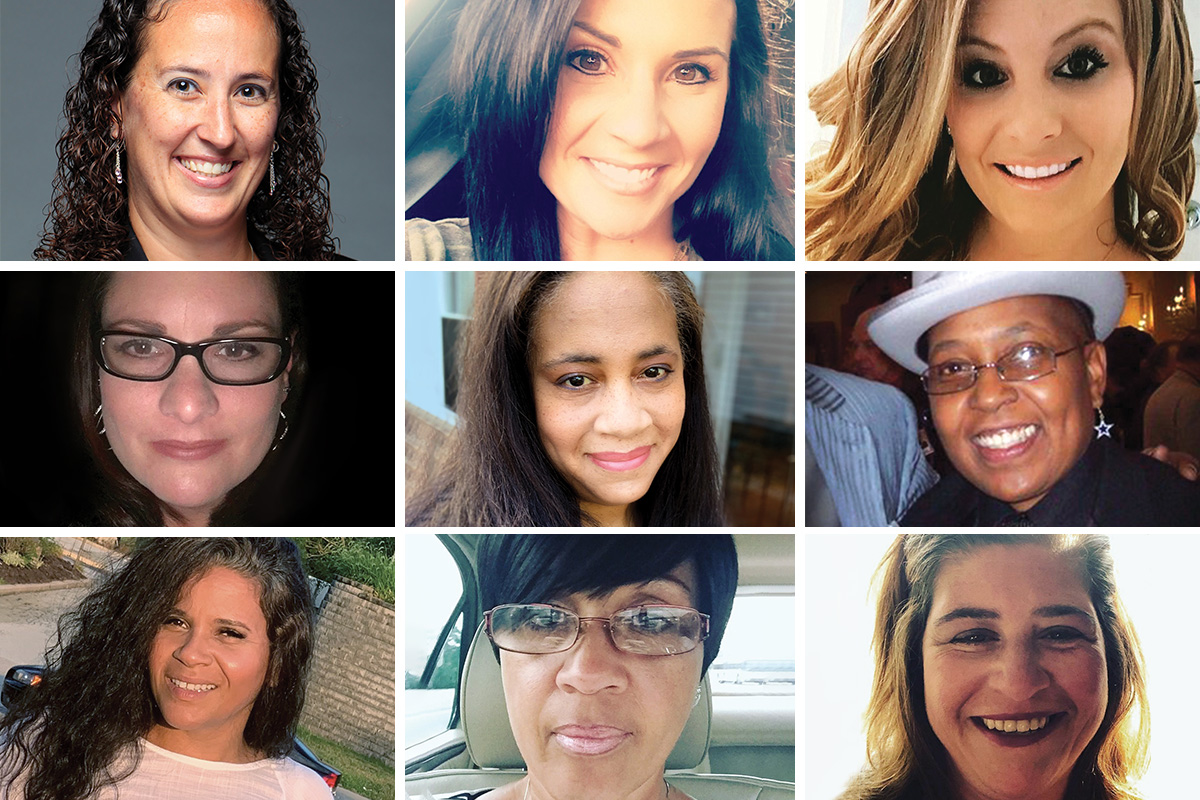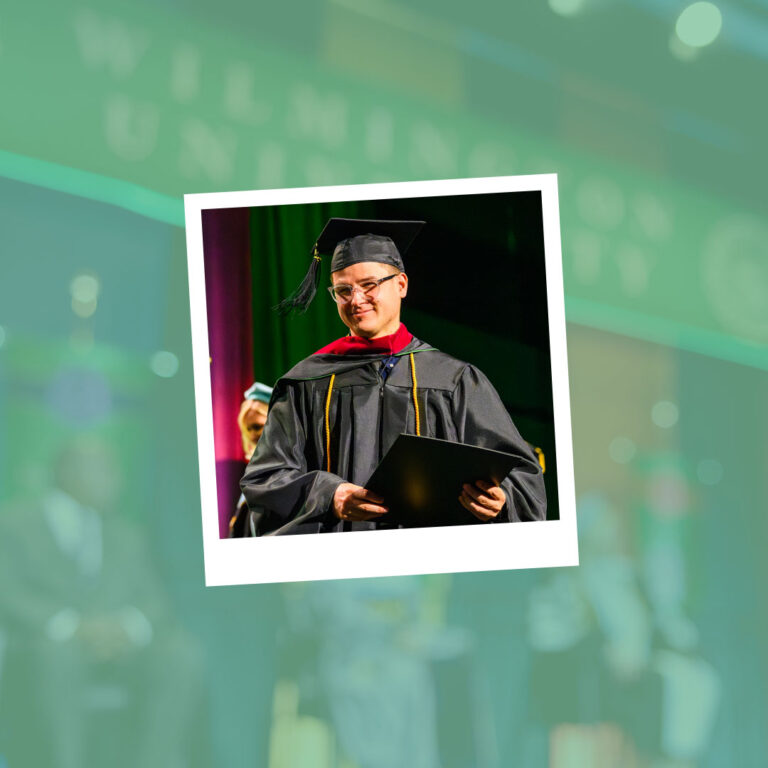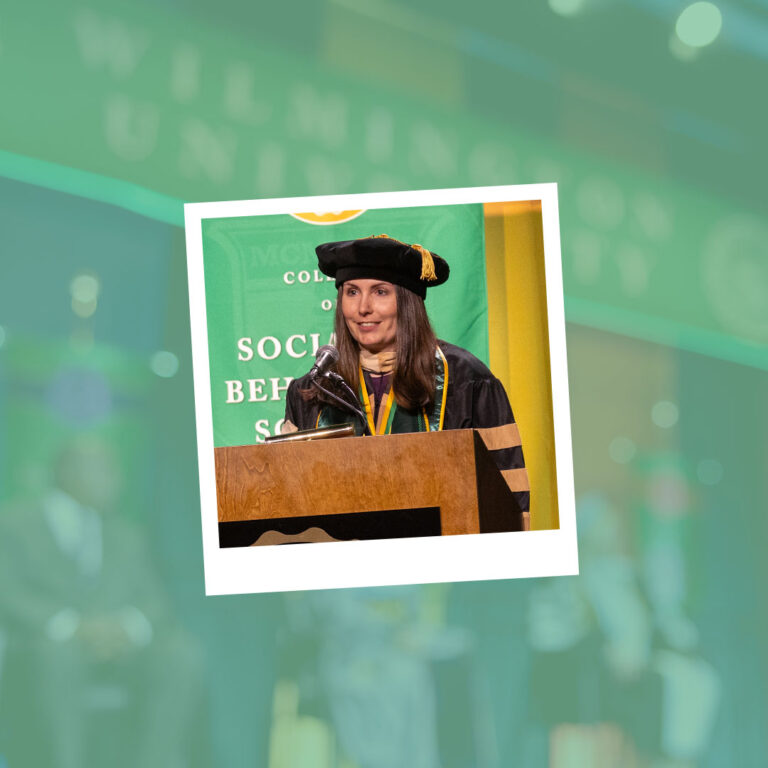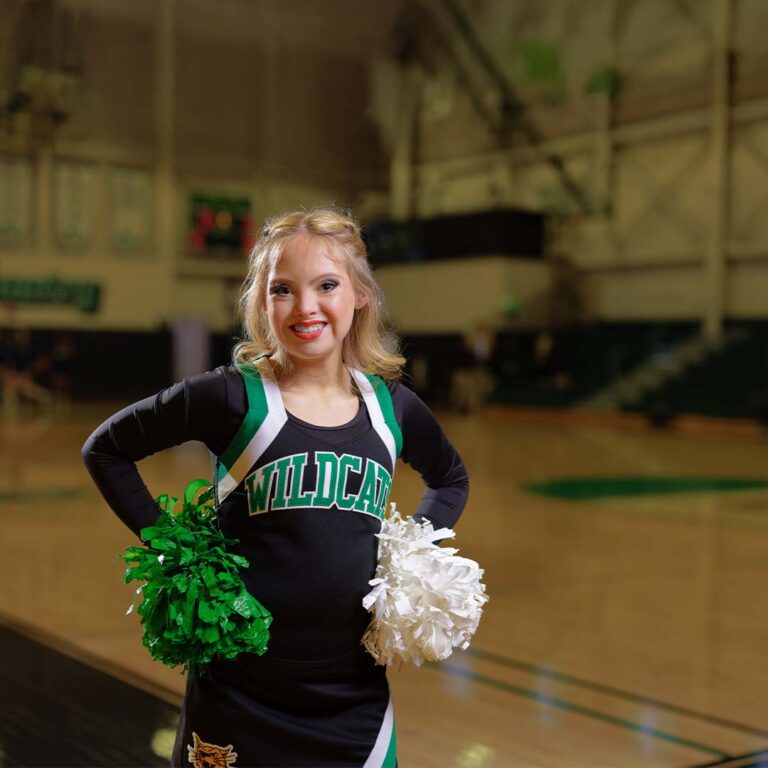The Inaugural Notable 9

The Doctor of Social Science in Prevention Science’s first cohort shared their thoughts in an essay they wrote to Drs. Debra Berke and Shawn Stevens of the College of Social and Behavioral Sciences.
We accept that we had to sacrifice every Wednesday evening and most weekends for the last two-plus years to earn our doctorate degrees. And, we do think you’re crazy to ask us to write this article highlighting our experiences in this program, especially after conducting, writing, and defending our own dissertation studies during a pandemic.
Some days it feels like our time in the Doctorate in Social Science in Prevention Science program has flown by quickly. We still remember you asking us to introduce ourselves in the first semester. When we started this program, we saw ourselves in the simplest terms and the most convenient definitions of who we had been in our work. We introduced ourselves as a financial aid administrator, registered nurse, probation officer, child welfare specialist, licensed professional mental health counselor, family therapist, educator, and two licensed social workers.
You saw more in us than what we identified as, and we thought we had to give. You saw prevention scientists! At the beginning of this program, you encouraged us to focus upstream by always thinking at least two steps ahead while concentrating on prevention. For many of us, this completely changed the perspective of the community work we had been engaged in for years. You demonstrated the use of trauma-informed educational approaches as we navigated our final year and began our own research studies during the COVID-19 pandemic. Modeling these approaches gave us a critical skill when we had to adjust our methods and apply them to work quickly.
Our experiences in this program were precious, and like the Breakfast Club, we bonded as a group that will forever support one another. For some of us, this was our first experience in a group of professional and supportive women. We discovered that we could push the boundaries of who we thought we were. We learned that we are not bound by the labels that people have assigned to us, or we assigned to ourselves. We are dynamic professionals who can be a little bit of everything, and we can change when we want to meet the needs of the people and communities we serve.
We can be frontline workers and researchers. We can hold people accountable through monitoring but still consider challenges and barriers that prevent them from succeeding. We can quickly assess and identify the root causes of those barriers — and not only overcome them but prevent those barriers from reoccurring.











